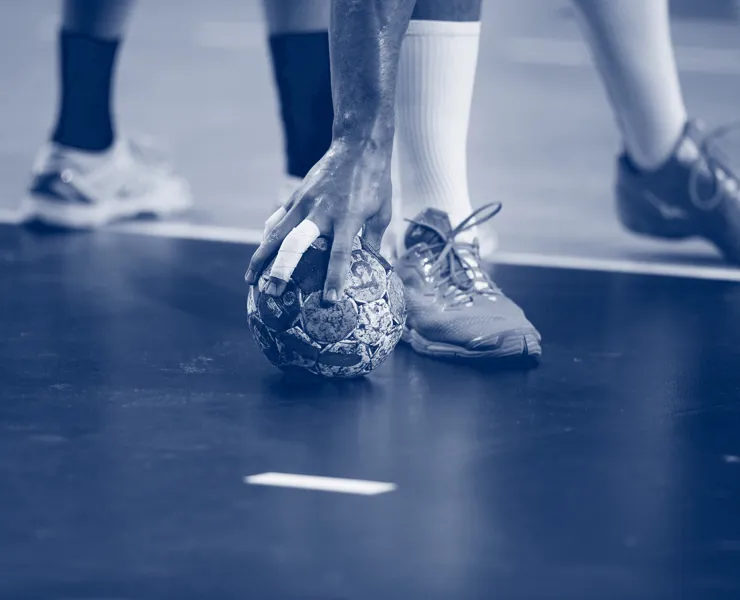6 times have the European champions successfully defended their title at the next EURO: the Russian women in 2004; the Croatian men in 2011, 2013 and 2015; the Hungarian women in 2015; and the Danish men in 2021.
6 (former) gold medallists are in the starting lineup of the women’s competition: defending champions Germany, Croatia, Italy, Hungary, Norway, and Denmark.
7 women’s teams and seven men’s teams at the EURO earn a ticket for the 3rd European Games in Tarnów in June, where beach handball is part of the programme for the first time; hosts Poland are the eighth participants.
8 nations so far have won the women’s EURO title: Russia, Germany, Croatia, and Hungary all won twice; Ukraine, Italy, Norway, and Denmark each once.
8 teams – the top two from all four groups – will advance from the preliminary round to the main round; the other eight teams continue in the consolation round and play for the places ninth to 16th.
10 European countries have hosted the EURO since its inauguration in 2000: Italy (twice), Spain (twice), Türkiye, Germany, Norway, Croatia (twice), Denmark, Poland, Bulgaria, and Portugal.
13 times – from Italy in 2000 to Portugal in 2023 – has the EHF Beach Handball EURO been staged.
15 years separate the first (2006) and the second EURO title (2021) for the German women, a record since no other team – male or female – has had to wait longer between two European titles; the longest wait on the men’s side is 11 years, between Spain’s second (2006) and third title (2017).
16 matches in the women’s event plus 16 in the men’s are scheduled for the opening day of the Beach Handball EURO 2023 on Wednesday 24 May.
18 different nations in total are present in Nazaré – 14 nations have teams in both competitions, two (North Macedonia and Slovakia) only in the women’s event, two (Sweden and Switzerland) only in the men’s event.








